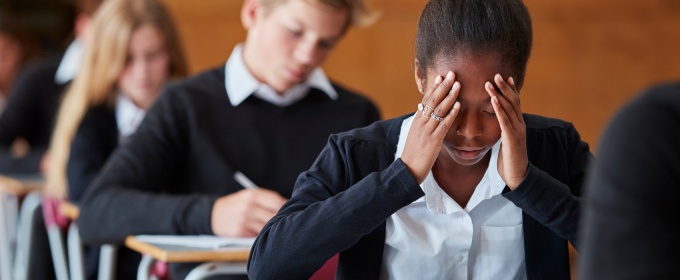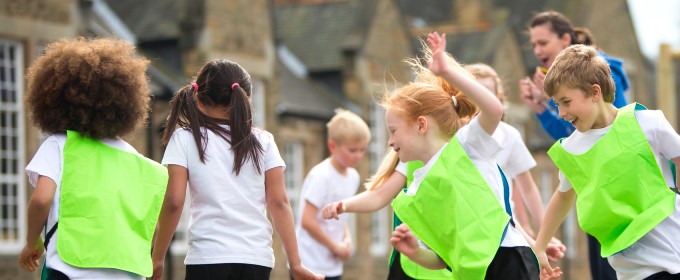The lockdown caused by the COVID-19 pandemic has seen an increasing focus on mental health, particularly that of children and young people. In this blog, Dr Ola Demkowicz examines the emphasis on resilience in this age group, and suggests how policymakers can better support young people’s wellbeing, while moving away from placing the onus on […]



